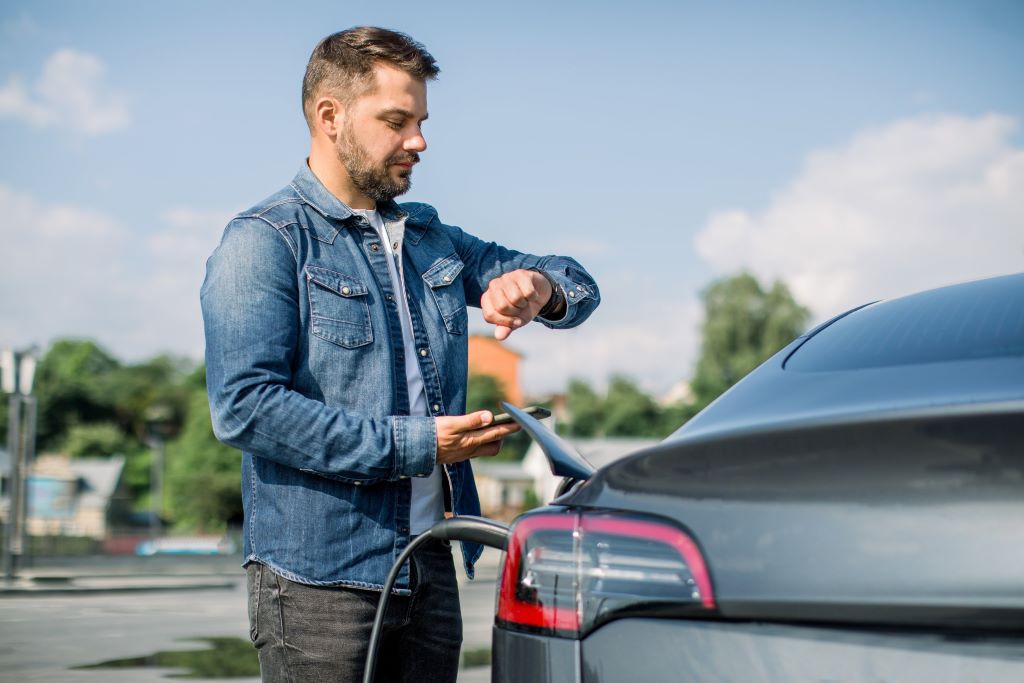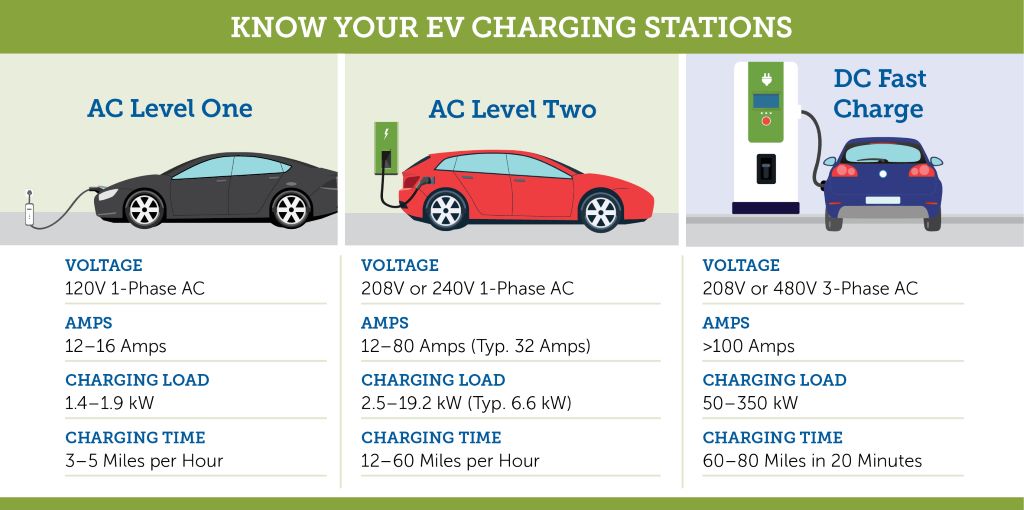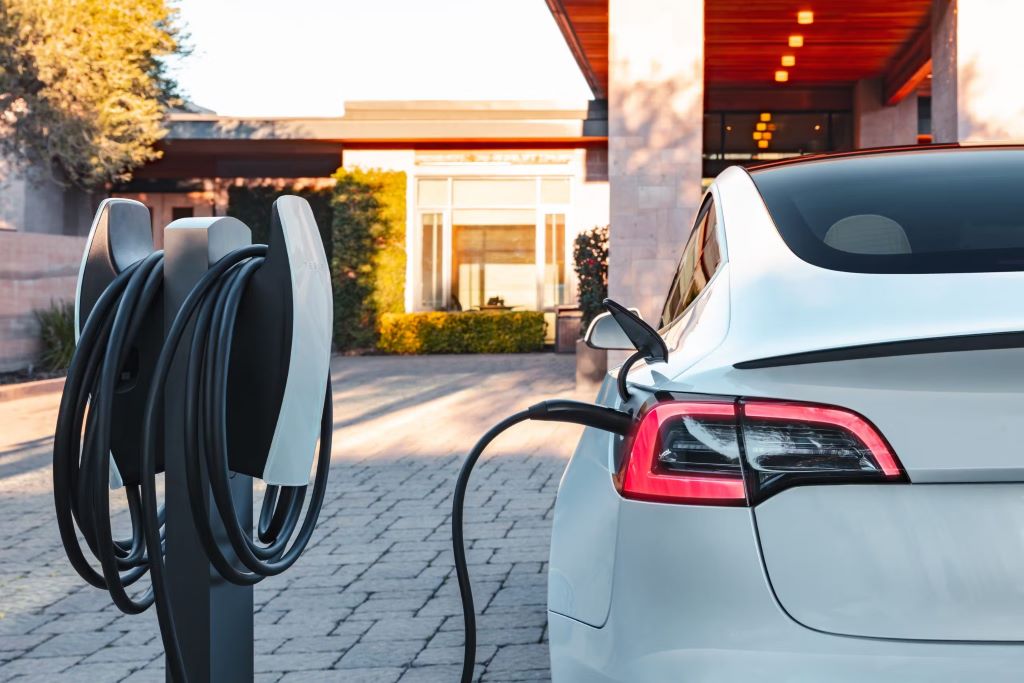Electric cars have become increasingly popular in recent years due to their eco-friendly nature and cost savings on fuel. As more people make the switch from traditional gasoline-powered vehicles to electric cars, the demand for complete automotive care for electric cars has also increased. One of the most common questions is: How long does it take to charge an electric car? The answer is not as straightforward as one may think, as there are various factors that can affect the charging time of an electric car. In this article, we will delve into the different factors that can impact charging time and provide you with a better understanding of how long it takes to charge an electric car.
Factors Affecting Charging Time
The amount of time it takes to charge an electric car depends on several factors such as:
- The type of charger being used
- The size of the car’s battery
- The current state of charge of the battery
- The availability of a high-voltage power source
Let’s take a closer look at each factor and how it affects charging time.

Type Of Charger
One of the main factors that can affect charging time is the type of charger being used. Three types of chargers are commonly used for electric cars: Level 1, Level 2, and DC Fast Charging.
Level 1 Charger
A Level 1 charger is the most basic type of charger and comes included with every electric car purchase. It uses a standard household outlet (120 volts) to charge the vehicle’s battery. While this may seem convenient as it can be used at home, the downside is that it takes the longest amount of time to charge an electric car. On average, a Level 1 charger can take anywhere from 8-12 hours to fully charge a vehicle with a 60 kWh battery.
Level 2 Charger
A Level 2 charger requires a 240-volt outlet and is much faster than a Level 1 charger. If you are considering purchasing an electric car, you should know that they are commonly found in public charging stations and can also be installed at home for convenience. In fact, the benefits of cars are explained at https://ourautocity.com/electric-and-hybrid-cars/benefits-of-hybrid-and-electric-cars/ and they are numerous. A Level 2 charger can charge an electric car with a 60 kWh battery in approximately 4-6 hours, depending on the state of charge.
DC Fast Charging
DC Fast Charging is the fastest type of charger available for electric cars, but it is not as widely available as Level 1 and Level 2 chargers. This type of charger can charge an electric car with a 60 kWh battery in just 30 minutes, but it requires a specialized charging station and is typically only found at public charging stations.

Size Of Battery
The size of an electric car’s battery will also significantly impact the charging time. The larger the battery, the longer it will take to charge. For example, a 60 kWh battery will take longer to charge than a 40 kWh battery, even if they are both using the same type of charger.
State Of Charge
The current state of charge of an electric car’s battery also plays a role in charging time. If the battery drained, it will take longer to charge compared to if the battery still has some charge remaining. This is because the charging process slows down as the battery reaches full capacity in order to prevent overcharging.
Availability Of High Voltage Power Source
In addition to the type of charger, the availability of a high voltage power source can also impact charging time. Level 2 and DC Fast Charging require a 240-volt outlet, which may not be available in all locations. Therefore, the charging time may vary depending on where you are charging your electric car.
Tips To Reduce Charging Time
While charging an electric car may take longer than refueling a traditional gasoline-powered vehicle, there are some tips to help reduce the overall charging time:
- Use a higher voltage charger (Level 2 or DC Fast Charging) if available
- Plan your charging sessions strategically, such as charging overnight when electricity rates are lower
- Keep your battery charged regularly to avoid a complete drain and longer charging times
FAQ
Q: Can I use a Level 1 charger in an emergency?
Yes, you can use a Level 1 charger in an emergency, but it may take a substantial amount of time to fully charge your electric car.
Q: How long does it take to charge an electric car using solar panels?
This depends on the size and efficiency of the solar panel system. On average, it can take 6-8 hours to fully charge an electric car using solar panels.
Q: Can I use a Level 2 charger at home?
Yes, you can install a Level 2 charger at home if you have access to a 240-volt outlet. It is good for faster and more convenient charging.
Q: Can I leave my electric car plugged in overnight?
Yes, it is safe to leave your electric car plugged in overnight. Once the battery reaches full capacity, the charger will automatically stop charging.
Q: How often should I charge my electric car?
We recommend regularly charging your electric car and avoiding complete drainage of the battery. Keeping your battery charged above 20% is also beneficial for optimal performance.
Conclusion
The time it takes to charge an electric car depends on various factors such as the type of charger, battery size, state of charge, and availability of a high voltage power source.
While charging an electric car may take longer than refueling a traditional gasoline-powered vehicle, there are ways to reduce charging time and make it more convenient. With the continued advancements in technology and infrastructure, we can expect the charging time for electric cars to become even faster in the future, making it as convenient as learning how to quiet a noisy car AC compressor. So, if you are considering purchasing an electric car, make sure to factor in the charging time and plan accordingly for a smooth and efficient driving experience.

